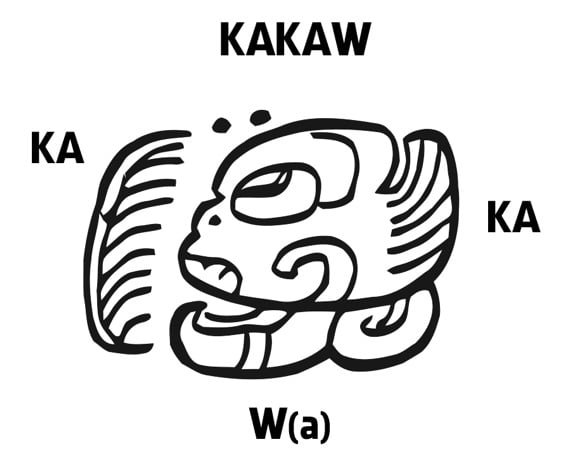Cacao helps us restore and remember our connection to nature, to earth, to the ancestors that have lived before us. And to the ancestors that we are yet to become.
I could write about the history of cacao, of traditions and legends told through lineages of Peruvian tribes. And yet I question whether it is my voice that should be speaking to it.
This culture is still recovering. Still being remembered. The temple Monte Grande, home to cacao, was only unearthed from the fertile void where it has lay hidden for thousands of years, in 2010. The training I am receiving1 on cacao and our connection to her and her roots, is evolving even as they offer it.
Cacao invites me to listen and learn many different ways of connection: Connection with self. With all that is above. With all that is below. With all that is alongside. There is so much depth to the preparation and ceremony of cacao. There’s a slowness. An honouring of the elemental energies of nature. Everything involved with the ritual has a meaning and a purpose. An intention.
As a culture we can spend much of our time rolling around on the surface of life. Cacao can often be offered and met this way too. Following a trend to ‘have one of those chocolate drinks’ rather than an honouring steeped in reverence to its roots.
Cacao is not just asking for a drink. Cacao is not a word, it is an energy. It has been taught to me that cacao is phonetic: ka ka wa.

Wa – the energy/spirit of cacao
It’s genus name, theobroma, translates to ‘food from the Gods’. The hieroglyphic depiction of Cacao (Kakawa) symbolises the masculine (ka) and feminine (ka) energies unifying to create life or spirit (wa).
I think what they’re trying to convey is that the word itself carries an energy/meaning.
Rather than a noun (a name) it is a verb (a doing/being). Cacao itself is alive.
The indigenous relationship to cacao was rewritten when the Spanish arrived in Peru in the 1,500s. As were many indigenous (traditional) practices with the arrival of Europeans and the spread of Christianity.
So as I practice cacao, I am challenged: is it ethical to drink cacao? To practice rituals with cacao? Perhaps we can turn to a moral compass before practicing with cacao. As with yoga – intention is also the seed of cacao.
- If receiving in a ceremony, is the person offering this to you trained and connected to cacao, it’s source, community and origin? Is there a reverence to its roots?
- If you are sipping solo, do you do so with a reverence to this master plant?
- Is the cacao itself slave free? Currently, over 2.5 million children are enslaved in cacao harvesting and labour.
- Is the cacao sustainably and ethically sourced? Are the farmers and workers being paid directly from the chocolatier or cacao producer?
This. I don’t know why, but this …
Steph Le Gros is a health coach, personal trainer, Reiki practitioner, and qualified Yoga teacher based in Nelson. She completed her 200 hour Yoga teacher training with us in 2021. In this three-part article, Steph talks about her passion for cacao as an important part of her yoga practice. She introduces us to yoga and cacao as practices of homecoming; shares a delectable recipe and ritual; discusses the tradition of cacao; and finally shares some of her poetry and practices inspired by yoga and cacao:
Meeting cacao in the wholeness of the bean has opened up something within me. I feel that to know my wholeness, I need to meet life in her wholeness. In all her arcs and expressions. When we meet life in fragments, we will only know fragments of ourselves.
Steph Le Gros
Website: stephlegros.co.nz
Email: steph@legros.co.nz
Instagram: cacao_conversations
Facebook: @stephlegrosyoga

